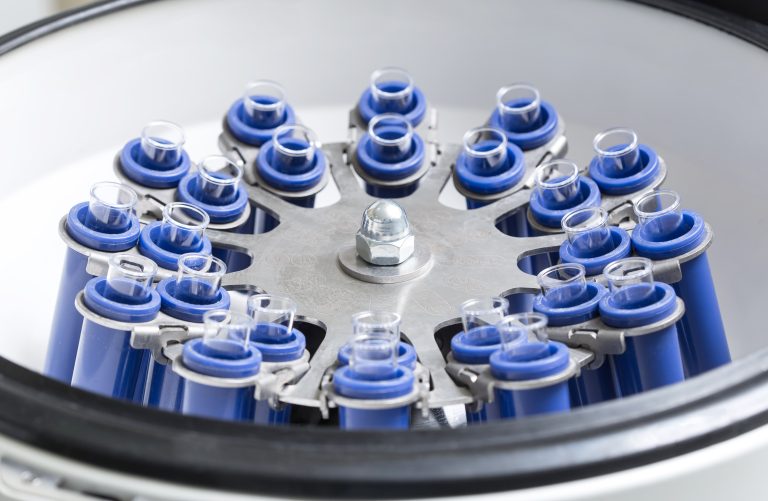Medical device manufacturing is a complex and wider ranging process. The industry demands highly accurate, durable materials, sterile manufacturing conditions, and state of the art technology. It is a high-stakes sector that is subject to rigorous regulatory controls and strict hygiene protocols. These include ISO 13485, ISO 14971, 2CFR 820 and the EU Medical Device Regulation (MDR). Clean room assembly and sterile manufacturing conditions are also vital at every stage in order to protect the medical device components from becoming contaminated.
Other challenges facing medical device manufacturing specialists include the rapidly evolving nature of the industry, coupled with supply chain issues and inflation. This can lead to scarcity of parts. Plastic injection moulding companies working in this sector must be able to source materials and keep pace with developments to retain a strong reputation.
Then, there is the importance of data protection and protecting patented technology, especially during initial stages of rapid prototyping or 3D printing for medical devices. Some devices are ‘smart’, or web-enabled. This adds an extra layer of complexity to cyber security and safeguarding patients’ data. Finally, safety and quality control is paramount. It is simply not an option to produce faulty components or deliver work that is not fit for purpose or puts patients and medical professionals at risk.
3D Printing for Medical Devices
From diagnostics to surgery; therapy to monitoring, medical device manufacturing impacts on every area of healthcare and medicine possible. Plastic injection moulding provides multiple processes and technologies that meet these demands and helps the industry keep pace with rapid progress. Specifically, 3D printing for medical devices, bespoke orders and prototypes allows highly customisable manufacturing and high-precision specifications.
Rapid prototyping also delivers solutions quickly – which can quite literally prove to be lifesaving in some cases. These techniques can produce accurate models for testing and validation. They can also create one-off components to fit precisely inside a larger piece of kit, or to be implanted inside a human body. Using plastic injection moulding to manufacture these prototypes saves costs, reduces waste and allows smaller quantities to be made – and adjusted as necessary during the testing and validating stages of the manufacturing process.
Collaboration’s the name of the game
More and more, the medical industry is collaborating with medical device manufacturing experts to solve problems and push the boundaries of science. Right from the earliest briefing and design stage, plastic injection moulding experts can provide valuable input into material properties, component dimensions and other key characteristics. Then, there is the testing and feasibility stages, where integrated biological expertise and manufacturing know-how result in excellent medical device manufacturing. Integrated services can ensure superior quality control, inspection and product implementation for success throughout the whole process. Such an approach can speed up the process, reduce risks and save costs.
Such is the efficacy and flexibility of using plastic injection moulding for medical device manufacturing, that the process can be found in most, if not all areas of medicine, healthcare and surgery. Robotics is a rapidly evolving area of medicine and surgery. It uses a lot of plastic injection moulded components in the casings and inside the electronic circuit boards. Medical implants is another area that relies heavily on plastic injection moulding.
Not to mention the use of biocompatible, robust materials to create long-lasting, fully safe components designed to be fitted inside the human body. Many medical devices are single-use only and used in high volumes across clinics, surgeries and hospitals. So, the requirement for bulk production to avoid cross contamination or running out of essential supplies at the wrong time is also highly important.
Other areas of medicine and surgery that uses the process for both bulk and bespoke applications include orthopaedics and other surgical disciplines, imaging and sensors, dentistry and monitoring and in-vitro diagnostics. The relatively new area of regenerative medicine is another growing area for plastic injection moulding and 3D printing for medical devices. It explores the development and creation of new treatments and procedures to repair tissue and restore organ functions lost through degenerative conditions, damage and age. Then, more general medical products can range from syringes, pumps and needles to masks, protective gear and sample collection containers.
Contact us to find out how we can help you with your medical device manufacturing, rapid prototyping or clean room assembly.

